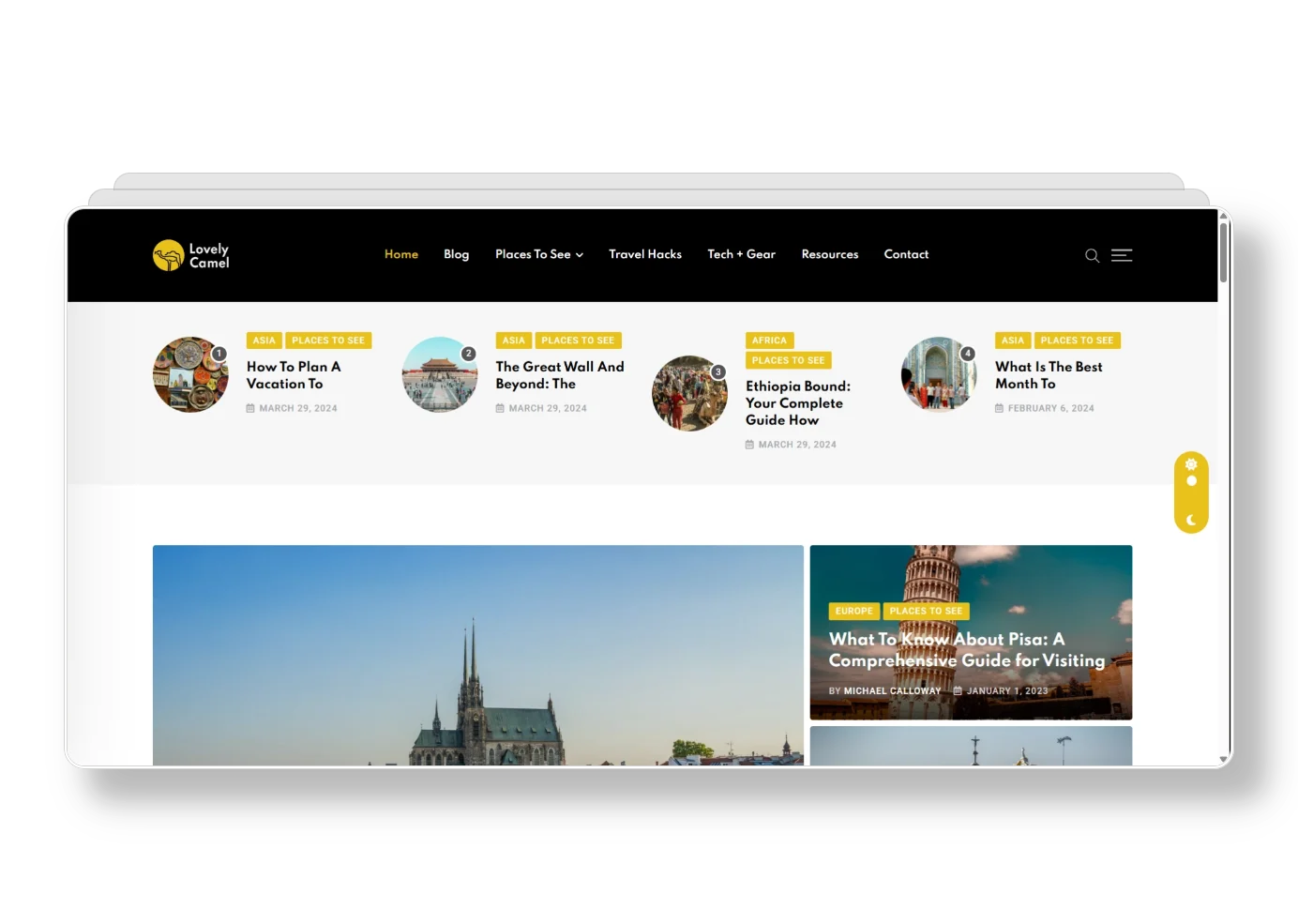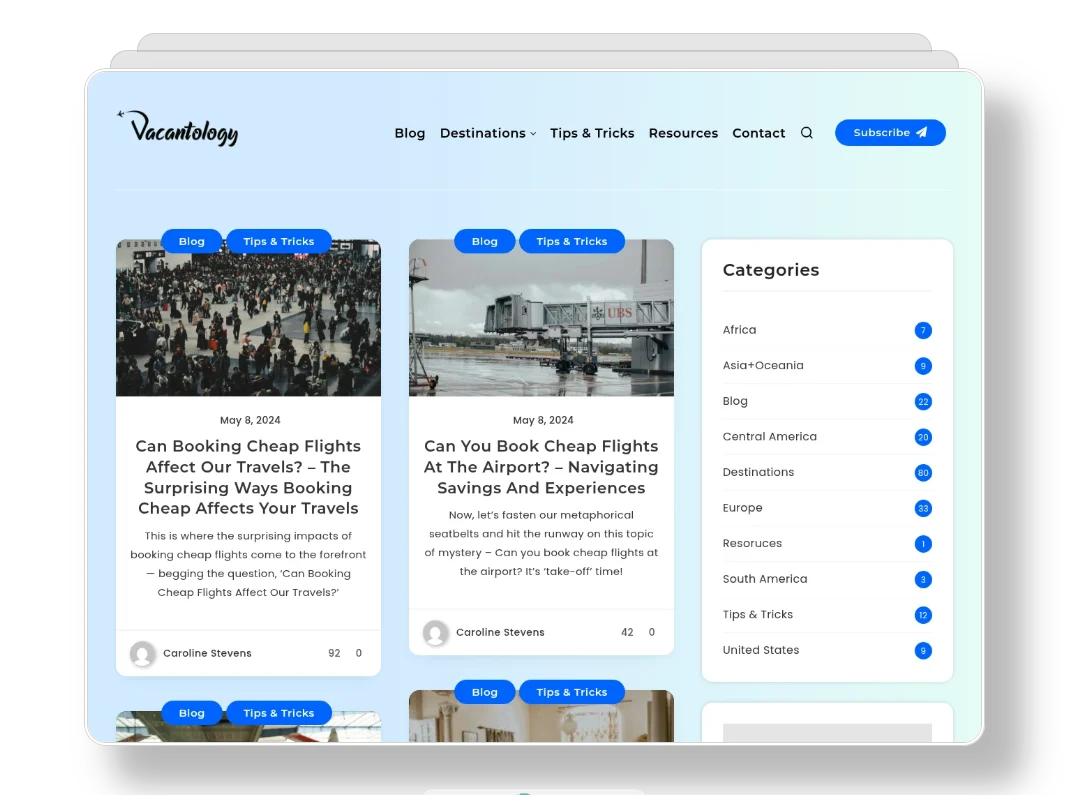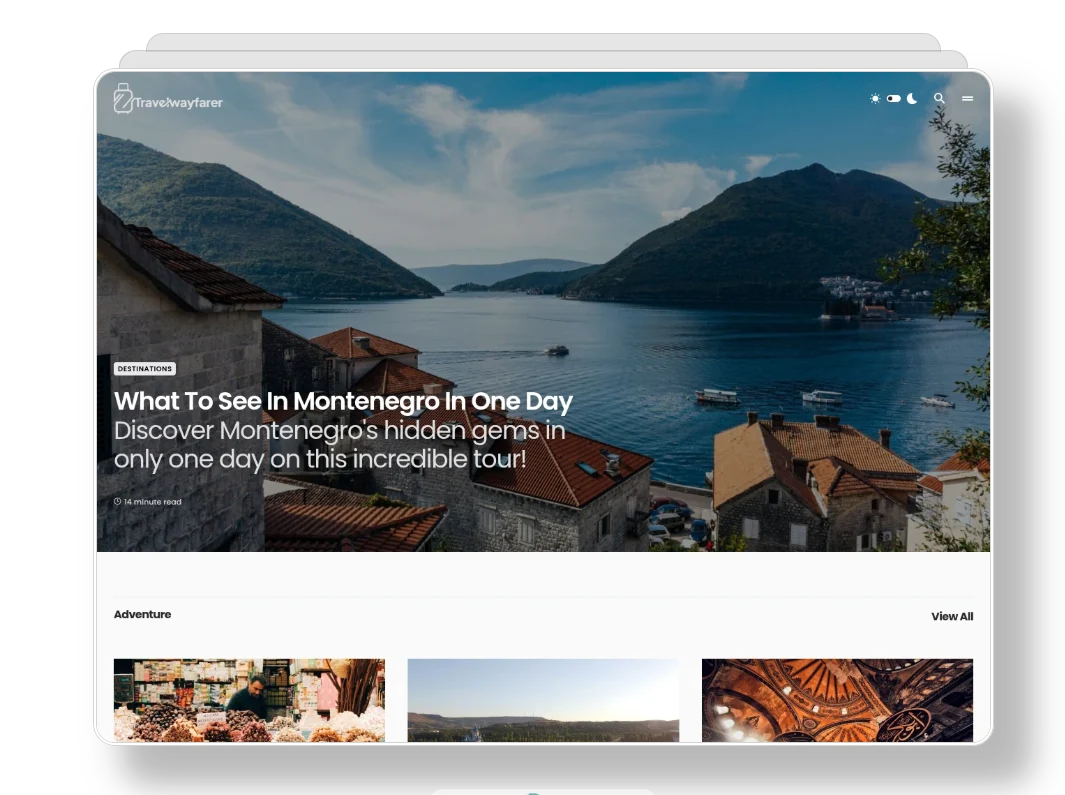Ready to discuss
your ideas?
We’d love to hear from you. Bluelime.cloud is home to travel and health magazines that welcome fresh voices and useful guest posts. If you have an article you’d like to publish, a question about our sites, or an idea you want to talk through, we’re here to listen. Think of this as an open door. Writers, editors, brands, and curious readers all reach out to us, and every message matters. We believe good content deserves to be read, and good conversations start with a simple hello. Send us your note today, and let’s see how we can work together to make your content stand out and stay visible.
Contact us
If you have any queries, comments, suggestions or have anything to talk about.



